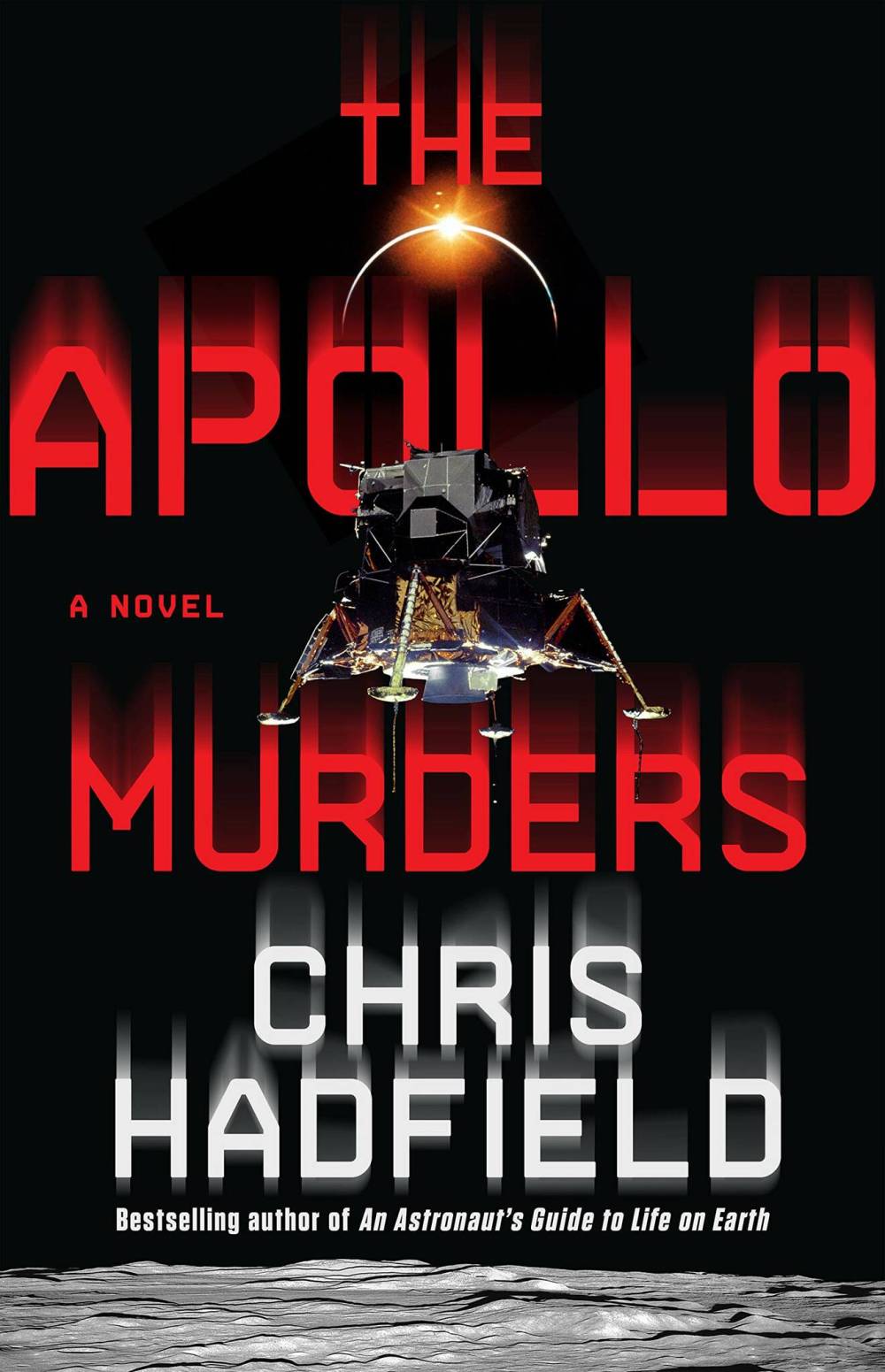Dark matter
Hadfield’s propulsive Cold War space thriller manages to (mostly) stick the landing
Advertisement
Read this article for free:
or
Already have an account? Log in here »
To continue reading, please subscribe:
Monthly Digital Subscription
$1 per week for 24 weeks*
- Enjoy unlimited reading on winnipegfreepress.com
- Read the E-Edition, our digital replica newspaper
- Access News Break, our award-winning app
- Play interactive puzzles
*Billed as $4.00 plus GST every four weeks. After 24 weeks, price increases to the regular rate of $19.95 plus GST every four weeks. Offer available to new and qualified returning subscribers only. Cancel any time.
Monthly Digital Subscription
$4.99/week*
- Enjoy unlimited reading on winnipegfreepress.com
- Read the E-Edition, our digital replica newspaper
- Access News Break, our award-winning app
- Play interactive puzzles
*Billed as $19.95 plus GST every four weeks. Cancel any time.
To continue reading, please subscribe:
Add Free Press access to your Brandon Sun subscription for only an additional
$1 for the first 4 weeks*
*Your next subscription payment will increase by $1.00 and you will be charged $16.99 plus GST for four weeks. After four weeks, your payment will increase to $23.99 plus GST every four weeks.
Read unlimited articles for free today:
or
Already have an account? Log in here »
Hey there, time traveller!
This article was published 27/11/2021 (1533 days ago), so information in it may no longer be current.
America’s Apollo program may have ended with the splashdown of Apollo 17 in December 1972, but it has continued for decades on the big screen, TV and in fiction: The 2011 horror film Apollo 18 depicted alleged “found footage” of a doomed Cold War lunar mission, while more recently the Apple+ series For All Mankind imagines an alternative history where the Soviet Union landed people on the Moon first, leading to decades of further Apollo missions and conflict between the two superpowers.
In his new novel The Apollo Murders, celebrated Canadian astronaut Chris Hadfield mines these same Cold War tropes in a not entirely satisfying thriller mixing historical and science fact with speculation, bolstered by his first-person knowledge of the technologies involved.
Hadfield is a household name, having flown twice in the space shuttle and commanded the International Space Station. He is also an accomplished author, with his 2015 book An Astronaut’s Guide to Life on Earth offering reflections on his remarkable life and career, while his charming 2018 children’s book The Darkest Hour shared how watching the first moon landing live on TV helped him overcome his fear of the dark.

As his first foray into adult fiction, The Apollo Murders plays to Hadfield’s strengths, lending a convincing authenticity to the often nail-biting descriptions of space flight and the many technological life-or-death decisions it involves. These tensions are amplified by an American secret mission to spy on and disable both a Soviet space station and a lunar rover, as well as a sociopathic astronaut with a hidden past.
The novel’s ostensible main character is Kazimieras “Kaz” Zemeckis, an astronaut grounded in a flight accident that cost him an eye, landing him instead with the Department of Defense as a military liaison to NASA’s first lunar mission operated under military jurisdiction. The reader is introduced to Kaz in a first-person prologue, yet the novel promptly shifts in voice to the third person for the remainder, which seems an odd choice.
Odder still from a storytelling perspective is that Kaz merely observes from Houston mission control while other characters are engaged in the actual space-based action, including the competent but egotistical Chad Miller; Michael Esdale, America’s first African-American astronaut; and Svetlana Gromova, a female cosmonaut who manages to clamber aboard the Apollo capsule during a botched attempt to sabotage the Soviet space station. These fictional characters are joined by numerous real historical figures, including NASA’s flight director Gene Kranz and astronaut Al Shepard, as well as Soviet rocket designer Vladimir Chelomei.
Hadfield manages rather ingeniously to weave together these real people and events into his story, and his depiction of the Americans and Soviets each working behind the scenes to their own ends, not suspecting that one of the crew has their own lethal agenda, is genuinely exciting.
However, for all of Hadfield’s technical prowess, the novel is weakened by its lack of a discernable protagonist, instead devoting most of its attention to the backstory, motivation and inner monologues of its villain. (The less said of Kaz’s blink-and-you’ll-miss-it “romance” with a geologist — her only role being to explain relevant science to the reader — the better).
This absence is further compounded by the plot’s disappointing MacGuffin, a radioactive moon rock which several characters are willing to kill for, but it’s never quite clear why. That Hadfield admits in the author’s note that such a rock probably couldn’t exist, and even if it did would more likely have originated on Mars, retroactively — and almost fatally — undermines the book’s stakes.

While it rewards the reader with its thrilling pacing and insider’s knowledge of a fascinating historical and technological setting, The Apollo Murders isn’t quite able to deliver on its considerable promise.
Michael Dudley is a librarian at the University of Winnipeg. Unlike Chris Hadfield, he regretfully has no memory of having watched Apollo 11 live on TV.


